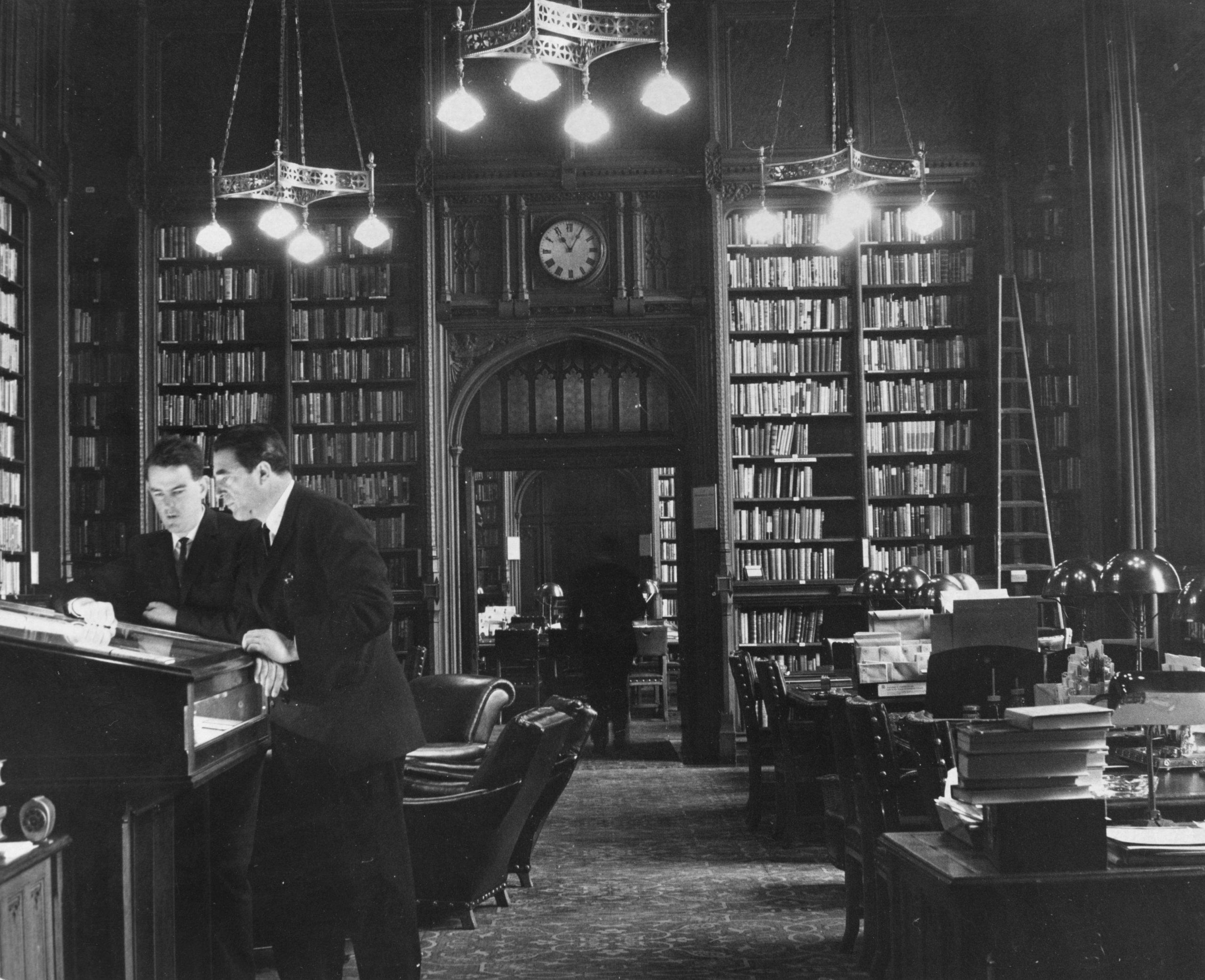
Alan Johnson
The book that I’ve most enjoyed this year is The Knives by Richard T Kelly (Faber & Faber). Its central character is an ambitious former army officer who rises through the ranks of Conservative MPs to become home secretary. I can testify to the remarkable accuracy of Kelly’s depiction of the job, but the thrilling adventures that this particular incumbent experiences are probably not what’s in store for Amber Rudd.
Although it’s not new, I read Olive Kitteridge (Simon & Schuster) by Elizabeth Strout this year and I doubt that I will ever read anything better. It’s about nothing very much but everything that matters.
George Osborne
I absolutely loved J D Vance’s Hillbilly Elegy: a Memoir of a Family and Culture in Crisis (William Collins). A painfully honest account of America’s white underclass by a brilliant young man who escapes his upbringing in Ohio and Kentucky for Yale and Silicon Valley, it’s a book that seeks to explain the anger in modern US politics and has echoes here. It’s not the last we have heard from these forgotten people, or this talented young man.
Tim Farron
Geoffrey Household’s 1939 thriller Rogue Male (Orion) is one of the best books I have read this year. The main character is a fugitive fleeing the agents of a totalitarian foreign power whose leader he has unsuccessfully attempted to assassinate. The tension and excitement of the pursuit of the hero and his efforts to evade capture provide a persistent, gripping narrative. The story was written before the Second World War, and even though we might assume the foreign power is Nazi Germany, we don’t know that. In the novel, the foreign power is not at war with Britain, and so the British government cannot be associated with this assassination attempt, leaving the fugitive without any official support. Rogue Male is almost 80 years old; the writing style has a formality, innocence and enthusiasm about it that makes it an enthralling read.
Michael Howard
The novel I have enjoyed most this year is Mothering Sunday (Scribner) by Graham Swift. Erotic, emotional and very moving, it’s an enthralling tale of life, love and death in the aftermath of the First World War. I thought about it long after I had finished it. I also enjoyed Charmed Life (William Collins), the biography of one of my predecessors as MP for Folkestone and Hythe by my successor, Damian Collins. Sir Philip Sassoon was an extraordinary man whose life vividly illustrates how politics changed between 1939, when he died, and 1983, when I was elected.
Tom Watson
The Industries of the Future by Alec Ross (Simon & Schuster) frightened and inspired me in equal measure. Ross is a former adviser to Hillary Clinton, and knows many of the big US tech companies: he is alive to the opportunities that automation, artificial intelligence and the gig economy will create but clear-eyed about the consequences of the new industrial revolution.
John Bew’s biography Citizen Clem (Riverrun) is a masterful portrait of a man who led the Labour Party for 20 years and arguably did more than any other UK politician to shape the postwar world. Clement Attlee assembled a team of rivals, many of whom had been fiercely critical of him in the past. Personal slights were forgotten in the interests of party unity. Attlee was a patriot who believed that tolerance was Britain’s gift to the world. Now more than ever, it is tolerance we need.
Rachel Reeves
I should declare an interest. Alan Bennett is from Armley in my Leeds constituency and I am a huge fan. His love for the city shows in Keeping On Keeping On (Profile Faber). In “Baffled at a Bookcase”, a celebration of the public library included in this volume, Bennett remembers his first visits to the library as a young boy in Armley: “the entrance up a flight of marble steps under open arches, through brass-railed swing doors panelled in stained glass . . . To a child living in high flats, say, where space is at a premium and peace and quiet not always easy to find, a library is a haven.” This latest anthology of diaries and essays is a beautiful, humane and honest collection of reflections.
I picked up Sami Moubayed’s Under the Black Flag (I B Tauris) to understand the ideology of Isis better. The most fascinating parts of the book describe the working of the Isis “state”: its welfare and education systems, taxation and other functions of government. The territory controlled by Isis has been reduced but Moubayed argues that it has built a durable structure and will be around for a long time to come. A chilling but informative read.
Books of the year: the New Statesman team
This article appears in the 16 Nov 2016 issue of the New Statesman, Trump world



